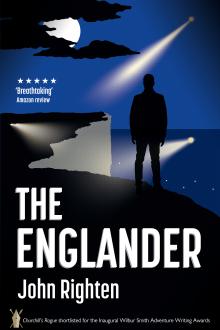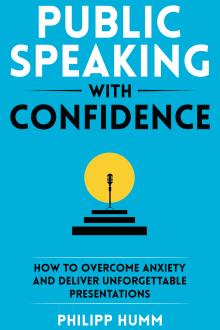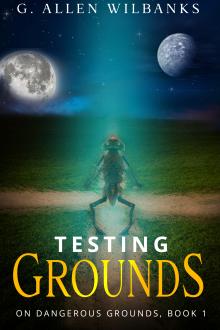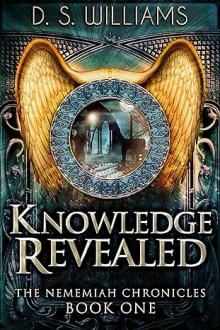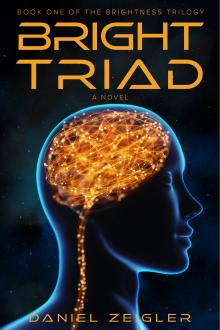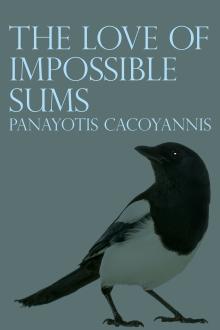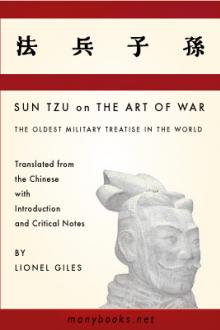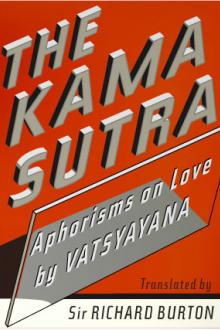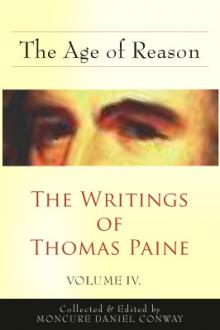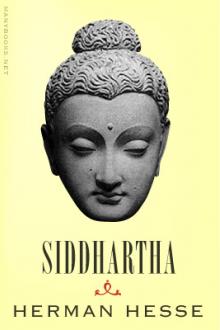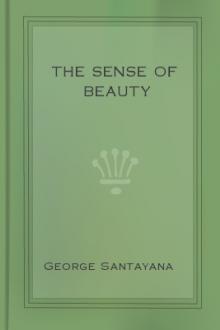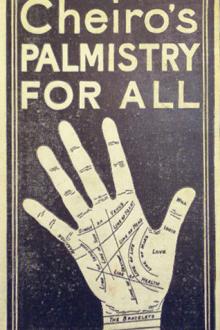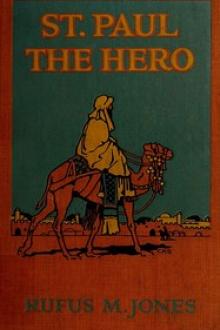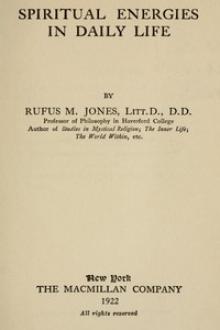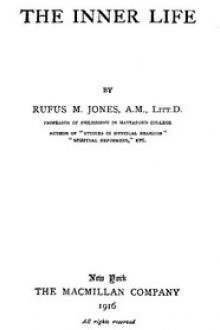Spiritual Reformers in the 16th & 17th Centuries
Spiritual Reformers in the 16th & 17th Centuries
In my Quakers in the American Colonies I announced the preparation of a volume to be devoted mainly to Jacob Boehme and his influence. I soon found, however, as my work of research proceeded, that Boehme was no isolated prophet who discovered in solitude a fresh way of approach to the supreme problems of the soul. I came upon very clear evidence that he was an organic part of a far-reaching and significant historical movement--a movement which consciously aimed, throughout its long period of travail, to carry the Reformation to its legitimate terminus, the restoration of apostolic Christianity. The men who originated the movement, so far as anything historical can be said to be "originated," were often scornfully called "Spirituals" by their opponents, while they thought of themselves as divinely commissioned and Spirit-guided "Reformers," so that I have with good right named them "Spiritual Reformers."
Book Excerpt
istianity. They were the Mystical tendency, the Humanistic or Rational tendency, and the distinctive Faith-tendency of the Reformation. These three strands are indissolubly woven together in this type of so-called spiritual Religion. It was an impressive attempt, whether completely successful or not, to widen the sphere and scope of religion, to carry it into the whole of life, to ground it in the very nature of the human spirit, and to demonstrate that to be a man, possessed of full life and complete health, is to be religious, to be spiritual. I propose, as a preliminary preparation for differentiating this special type of "spiritual religion," to undertake a study, as brief as possible, of these three underlying and fundamental strands or tendencies in religion which will, of course, involve some consideration of the inherent nature of religion itself.
For my present purpose it is not necessary to study the twilight history of religion in primitive races nor to trace its origins in the crad
FREE EBOOKS AND DEALS
(view all)Popular books in Religion, History, Philosophy
Readers reviews
0.0
LoginSign up
Be the first to review this book
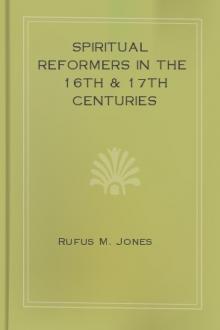
 Free Download
Free Download